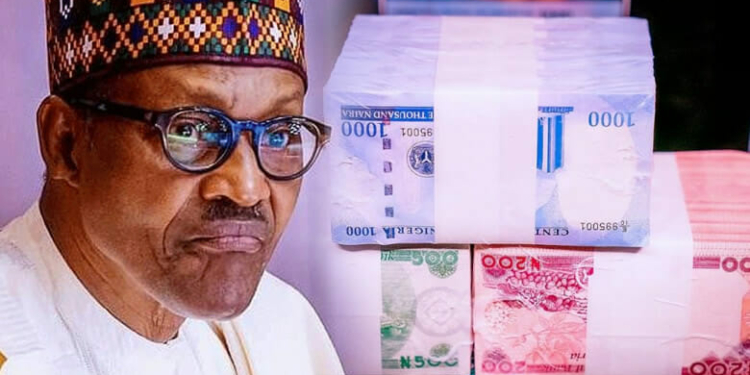Chidi Odinkalu, lawyer and human rights activist, says the Supreme Court must tread cautiously and not misuse its power.
He said a court does not have the power to give directives on the monetary and currency system of a country.
Odinkalu made this known on Thursday during an interview on Channels Television.
On Thursday, President Muhammadu Buhari said he has directed the Central Bank of Nigeria (CBN) to extend the validity of old N200 notes till April 10.
The president also said all existing old N1,000 and N500 notes will be redeemable at the Central Bank of Nigeria (CBN) and designated points for 60 days.
Prior to the president’s directive, the supreme court had declared the notes as legal tender pending the determination of the suit filed by some state governments.
The directive of the president has sparked divergent views.
Reacting to the development, Odinkalu said Buhari did not breach the orders of the supreme court, adding that the action of some state governors against the president’s directive amounts to “treason”.
He said the federal government cannot negotiate with states on policies relating to the national currency.
“The supreme court, to the best of my knowledge, has not said what people are presenting it to have said, because that is not the province of a court. It is a misplacement of the capabilities and assets of a court for it to get to that kind of thing,” he said.
“I suspect what the supreme court has said is ‘preserve the status quo ante until we hear the case’ — status quo antebellum, which is what the thing was before the onset of litigation.
“Now, the question then becomes what was the status quo antebellum that you are trying to preserve?
“And this is where the laziness of the judicial system, as well as the limitations of the law, actually come to full view because status quo antebellum actually, was the central bank circular on exactly when this thing should stop. I suspect this is the advice the president got. He has not breached anything.
“A currency system cannot be legislated or ordered into existence by a court and every court has to be careful about how it uses or abuses its authority and competence.
“A currency system is a promise backed up by the guarantee of a central bank, which is such basis of monetary economics.
“If the central bank that guarantees a monetary system withdraws its support, you cannot legislate that into existence because the trust that backed up that monetary system has collapsed. One million supreme court orders will not bring into existence a currency system that has lost legitimacy.










Discussion about this post